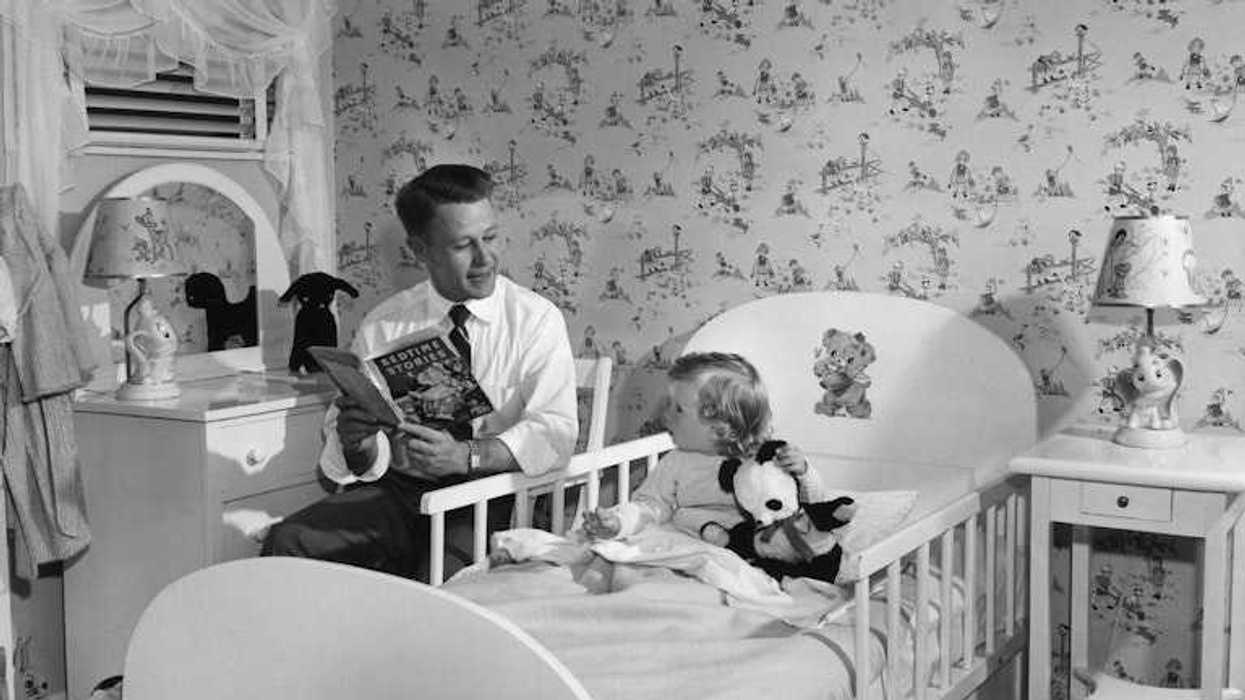It was a hostile time and place for African American artists, writers and intellectuals. In 1925, when Hughes and Lindsay had their encounter, Jim Crow was alive and well in Washington, D.C. and the literary establishment was overwhelmingly white and male.
Ninety years later, with our first African American president a year into his first term, it seems the times are finally changing. In D.C.- a historically black city- a cultural renaissance is decidedly in full swing. Take the U Street neighborhood- pockmarked for decades with the shells of buildings burned during the 1968 riots- galleries are opening, brunch business is brisk and Craigslist is full of high rents promising a hip and historical neighborhood.
On 14th and V street, not far from where Hughes donned his cotton white busboy uniform, and in the epicenter of what was the D.C. civil rights movement, sits Busboys and Poets—part cafe and bookstore, part community center that hosts readings, concerts and the occasional rally.
“I wanted to create a place where Washingtonians felt comfortable coming in,” says Andy Shallal, founder and owner of Busboys and Poets. Shallal, an Iraqi born, D.C. raised muralist, opened the space in 2005 with hopes of creating a place with Washington, D.C. central to its identity.
Doesn’t D.C. have many places of its own? This is a city known for its places, after all. True, says Shallal, but D.C.’s places are everyone’s places. They are the nation’s places. D.C. also has a large population of outsiders- folks who come for a few years and then move on. “We wanted a space that the D.C. community would define,” says Shallal. “There’s a real sense of ownership here.”
Busboys and Poets wears its politics on its sleeve and the location became a hotbed of activity leading up to the Obama election. “We were very much involved in the election … knee deep in it,” says Shallal. It has since returned to its normal rhythm of hosting busy lunch crowds with tables full of wi-fi users and two events a day, mostly in response to requests from local community groups and national organizations. This month both Moby and Alice Walker are on the schedule alongside the regular Monday night open mic.
On a Saturday night in April, there’s a line around the block to get into Ben’s Chili Bowl (the local haunt that recently catapulted onto the world stage after a visit by French President Sarkozy). The streets bustle with noisy partygoers and their impatient cab drivers. Music pours out of floor length windows. The neighborhood is alive. “My role in the community is to educate,” he says. “D.C. is still a very segregated place. You can feel that. It’s palpable, but people still want to feel that change is possible. People still want to feel hopeful.”
This post originally appeared on www.refresheverything.com, as part of GOOD's collaboration with the Pepsi Refresh Project, a catalyst for world-changing ideas. Find out more about the Refresh campaign, or to submit your own idea today.
















 Otis knew before they did.
Otis knew before they did.